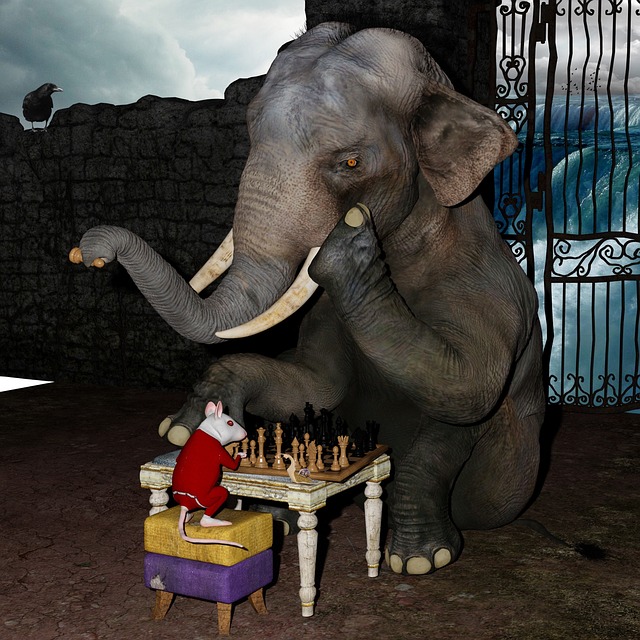stardust casino ⚾ The Stardust Casino: A Historical and Socioeconomic Overview of a Cultural Icon

The Stardust Casino: A Historical and Socioeconomic Overview of a Cultural Icon
In the realm of American entertainment history, few establishments have left an indelible mark quite like the Stardust Casino. This iconic venue, which once stood as a beacon of glamour and excess in the heart of Las Vegas, epitomizes the evolution of the gaming and hospitality industry in the United States. The Stardust, which operated for nearly five decades before its closure, serves as a vital case study for understanding the complex interplay between cultural aspirations, economic trends, and societal shifts that have shaped the landscape of modern gaming.stardust casino

Originally opened in the mid-20th century, the Stardust Casino emerged during a transformative period for Las Vegas. The post-World War II era saw a significant influx of tourists seeking leisure and entertainment, and the Stardust capitalized on this burgeoning demand. With its grand architecture, lavish interiors, and a wide array of gaming options, the casino quickly became synonymous with the glitz and glamour of the Las Vegas Strip. The Stardust was not merely a gaming establishment; it was a cultural phenomenon that reflected the aspirations and desires of a society eager to embrace new forms of entertainment.
At the core of the Stardust's appeal was its pioneering approach to integrated entertainment. The casino was among the first to introduce elaborate shows featuring renowned performers, transforming the traditional casino experience into a multifaceted entertainment venue. By blending gambling with theatrical performances, the Stardust set a precedent that many subsequent casinos would emulate. This innovative model not only attracted a diverse clientele but also established the casino as a vital player in the broader entertainment industry.stardust casino
Economically, the Stardust played a significant role in the development of Las Vegas as a global tourist destination. By creating jobs and generating revenue, the casino contributed to the local economy and stimulated growth in ancillary industries such as hospitality, retail, and transportation. The influx of tourists drawn by the Stardust's offerings had a cascading effect on the city, leading to the proliferation of hotels, restaurants, and attractions that defined Las Vegas as a premier entertainment hub.stardust casino

However, the Stardust's journey was not without challenges. The casino industry is inherently volatile, influenced by economic fluctuations, regulatory changes, and shifting consumer preferences. As competition intensified in the late 20th century, the Stardust faced increasing pressure to adapt to a rapidly evolving market. The emergence of mega-resorts with extensive amenities and cutting-edge technology forced the Stardust to reconsider its business model. Despite efforts to modernize, the casino ultimately struggled to maintain its relevance in a changing landscape.stardust casino
The closure of the Stardust in the early 21st century marked the end of an era, but its legacy remains deeply embedded in the fabric of Las Vegas. The site of the former casino has since been redeveloped, yet the memories and cultural significance of the Stardust endure. It serves as a reminder of the transformative power of entertainment and its ability to shape societal values and aspirations.
From a sociocultural perspective, the Stardust Casino also reflects broader trends in American society. The allure of gambling, intertwined with themes of risk, reward, and escapism, speaks to fundamental human desires for excitement and adventure. The Stardust's vibrant atmosphere served as a microcosm of the American Dream, where individuals could pursue their fortunes amid a backdrop of dazzling lights and extravagant performances. This phenomenon raises pertinent questions about the role of casinos in contemporary society and their impact on social behavior and economic mobility.stardust casino
In conclusion, the Stardust Casino stands as a testament to the intricate relationship between culture, economy, and entertainment. Its historical significance is not merely a reflection of its operational success but also encapsulates the evolving dynamics of a society in pursuit of leisure and escapism. As we reflect on the legacy of the Stardust, it is crucial to consider how such establishments have shaped our understanding of entertainment, community, and the pursuit of happiness in an ever-changing world. The Stardust Casino, a cultural icon in its own right, remains a subject of fascination for historians, economists, and sociologists alike, offering valuable insights into the complexities of American life and leisure.stardust casino
Fale conosco. Envie dúvidas, críticas ou sugestões para a nossa equipe através dos contatos abaixo:
Telefone: 0086-10-8805-0795
Email: portuguese@9099.com


